Blog: Can You Write Off That Meal?
If you run your own business, you’ve probably asked this question at least once: Can I write this meal off?
You’re grabbing coffee with a client, ordering dinner after a full day of work, or taking your assistant out to talk through timelines… and somewhere in the back of your mind, the word “deduction” pops up.
The truth? Not every meal counts.
And figuring out what the IRS actually allows is... not exactly straightforward.
That’s why we’re breaking it down with seven real-life scenarios to help you understand what’s deductible, what’s not, and how to keep it all clean come tax time.
Scenario 1: Lunch at Your Desk While Editing or Emailing
You’re deep in work and order lunch to keep going. Deductible? ❌ No.
Even if you’re technically working, meals you eat solo at your home office or workspace don’t count as deductible. The IRS considers this personal, no matter how packed your calendar is.
Scenario 2: Coffee with a Potential Client
You meet someone to talk through a possible project or service. Deductible? ✅ Yes.
This is a classic business meal. If the purpose is to talk shop (services, pricing, timelines, collaboration), it’s deductible. Just keep the receipt and a quick note about who you met and what you discussed.
Scenario 3: Dinner on a Work Trip
You’re out of town for a job, a shoot, or a business event, and grab dinner afterward. Deductible? ✅ Yes (but only if it’s an overnight trip.)
Meals while traveling for business are deductible. Whether you’re eating alone or with a teammate, it counts… just make sure the trip has a valid business purpose and isn’t mixed with personal travel.
Scenario 4: Team Lunch to Celebrate a Win
You treat your team after wrapping a big launch, event, or quarter. Deductible? ✅ Yes (and in some cases, fully deductible).
Most team meals are 50% deductible. But if you’re hosting an occasional staff event—like a holiday party or milestone celebration—it could be 100% deductible, as long as it’s primarily for non-owner employees. Keep clear records and receipts, and make sure it’s not bundled with entertainment (those expenses aren’t deductible).
Scenario 5: Late-Night Takeout Because You’re Still Working
You’re finishing a proposal or client edit and grab takeout to keep going. Deductible? ❌ No.
Even if you’re working late, this is still considered a personal expense. The IRS doesn’t allow write-offs for convenience meals eaten alone at your usual workspace.
Scenario 6: Lunch with a Fellow Freelancer or Vendor
You meet a peer to talk about industry trends or a future project. Deductible? 🤔 It depends.
If the meal has a specific business purpose (like planning a joint offering or hiring each other) it’s likely deductible. If it’s a casual catch-up where work just happens to come up, it probably doesn’t count.
Scenario 7: Meals During a Business Workshop, Training, or Retreat
You attend or host a work-focused event that includes meals. Deductible? ✅ Yes.
As long as the event is business-related (think: strategy, development, planning), meals served as part of it are deductible. Whether you’re attending or hosting, keep notes on the agenda and save those receipts.
The Bottom Line
When it comes to meal deductions, it’s not about how hard you’re working, it’s about why the meal happened and who was involved.
Meals tied directly to clients, team members, travel, or work events usually qualify. The rest? Probably not.
Want to make sure you’re not over or under-deducting?
That’s exactly why we created Making Sense of Meal Deductions: a free guide that walks you through the rules with real examples, plain-language tips, and even a quick tutorial on tracking everything in Xero.
If you’ve ever stared at a receipt thinking if it’s a write-off, this guide is for you!
Download it, keep it handy, and stop second-guessing your lunch receipts.TL;DR Choosing an S-Corp election can help you keep more of your money by lowering self-employment taxes—but it does come with some extra paperwork. If your business is making $60K+ and you're good with handling payroll (or outsourcing it), it might be worth it.
Disclaimer: The information provided in this blog is for educational purposes only and does not constitute financial, legal, or tax advice. Reach out to The Freelance CFO team with any questions regarding specific financial concerns, or seek the services of a qualified adviser.



